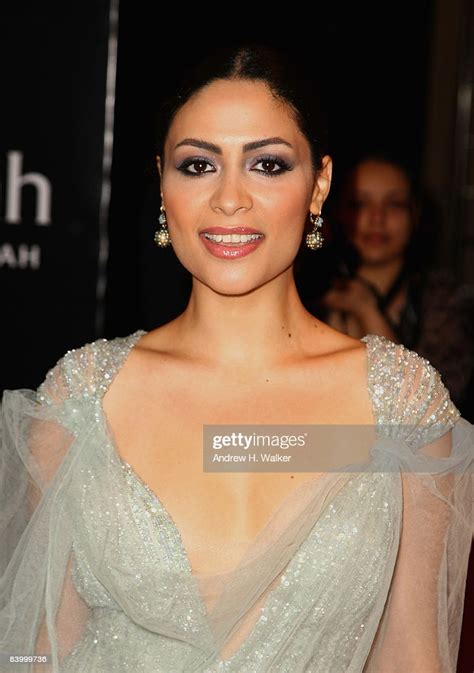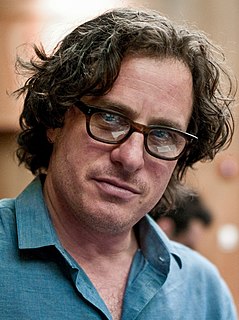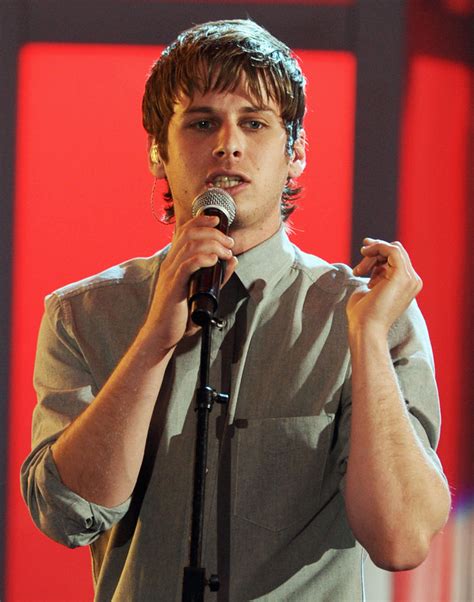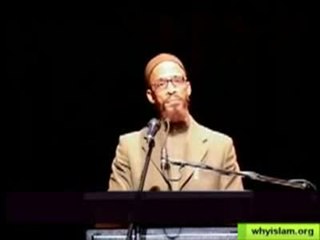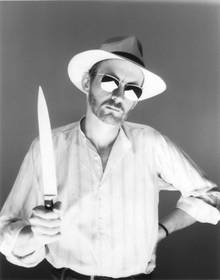A Quote by Yasmine Al Masri
To be a veiled Muslim woman on screen is a very scary minefield for me.
Related Quotes
I think it's dangerous to look at every Muslim woman the same and to assume that every experience within the religion is the same, meaning that there are going to be strong and assertive women that are Muslim. There's going to be a more passive woman who just so happens to be a Muslim. There may be a funny, big-personality woman and she's Muslim.
The Muslim world is portrayed as a monolith that is consistently scary and negative, and as much as you can be an open-minded person, if the only diet of information you get is scary images of men in beards, that starts to play on you. But you come to find out that the Muslim world is not a monolith.
In Morocco, a Muslim country, I got to hear the call to prayer five times a day. At first it felt kind of scary, kind of dangerous, because of the propaganda towards anything Muslim in the U.S. subconsciously coming out in me. By the end of the trip, it was so beautiful, and then not hearing it when I got back to L.A. really threw me off.
Let’s not ask Barbara Walters about how Muslim women feel. Let’s not ask Tom Brokaw how Muslim women feel. Let’s not ask CNN, ABC, FOX, The London Times, or the Australia Times. Let’s not ask non-Muslims how Muslim women feel, how they live, what are their principles, and what are their challenges. If you want to be fair, ask a Muslim woman. Ask my wife. Ask my mother. Ask a Muslim woman who knows her religion, who has a relationship with her Creator, who is stable in her society, understands her responsibilities. Ask her.
All of my history as an African-American woman, as a Jewish woman, as a Muslim woman. I'm bringing everything I ever knew, and all the stories I've read - everything good, strong, kind and powerful. I bring it all with me into every situation, and I will not allow my life to be minimized by anybody's racism or sexism or ageism.
The hijab or a variation of the word shows up eight times in the Quran. And it never means headscarf. And so what's happened is that the identity of a Muslim woman especially is being equated to this piece of cloth on her head. And in that ideology there's a very fundamental assumption that people need to think very deeply about, which is do you believe that a woman is too sexy for her hair?
